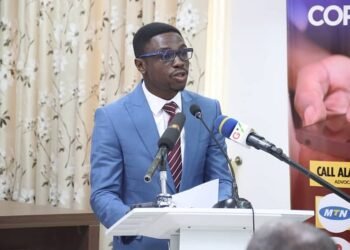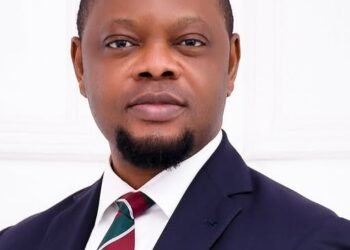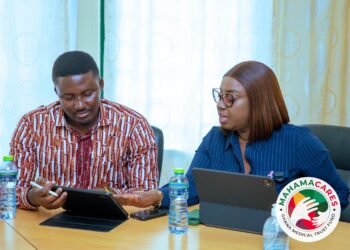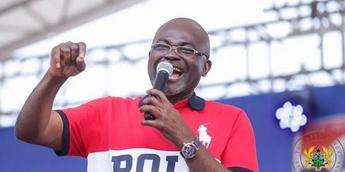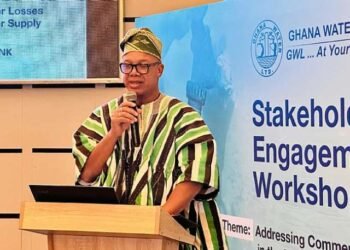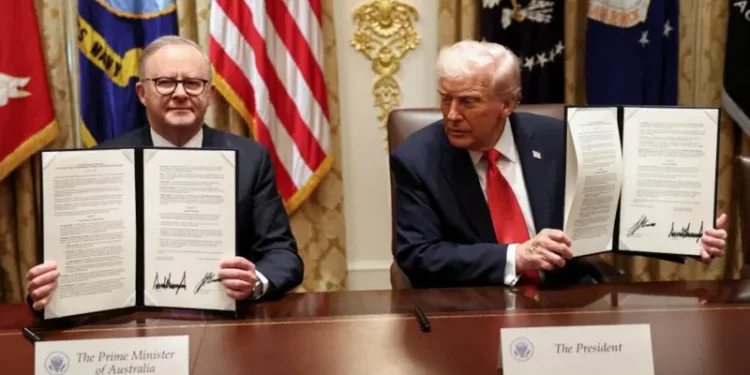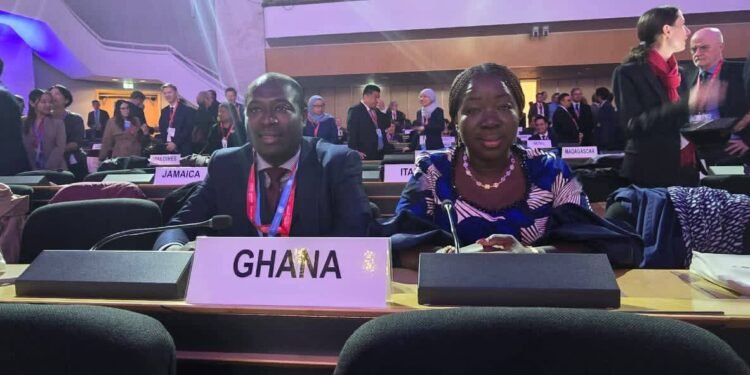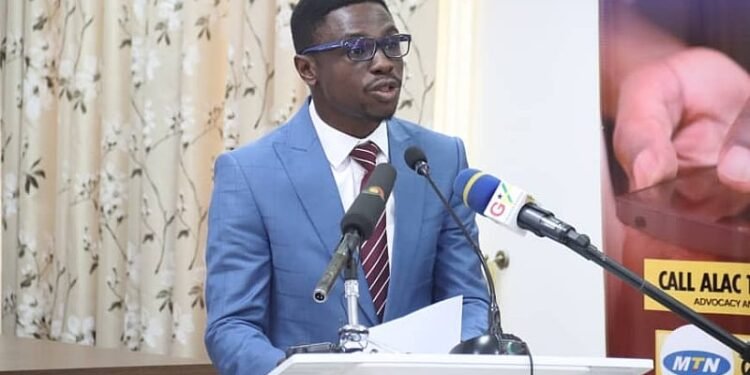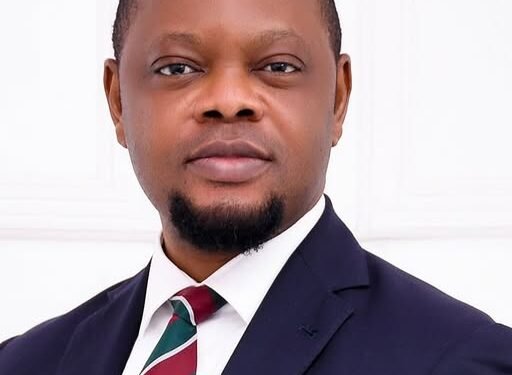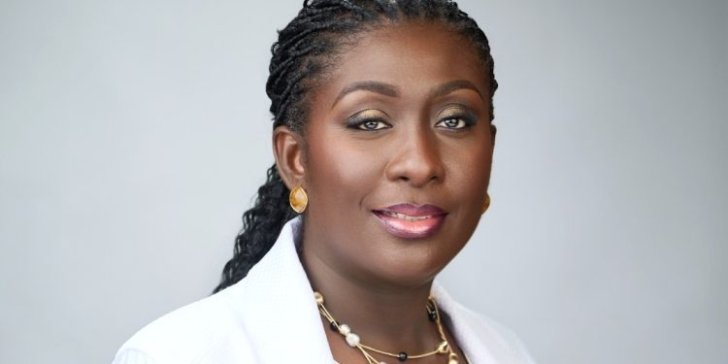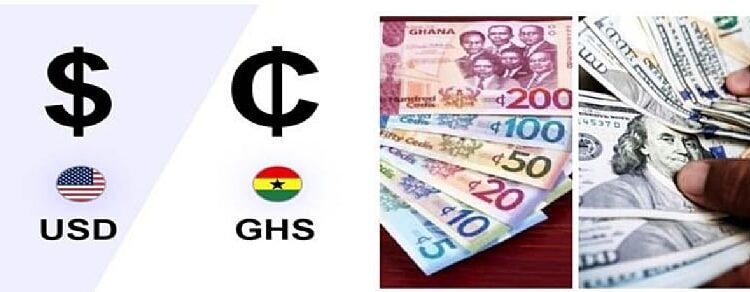Kofi Asare, the Executive Director of Africa Education Watch (Eduwatch) has strongly called upon African governments to undertake urgent measures to improve upon the continent’s education financing landscape.
Mr Asare commenting on the African Union (AU) Continental Education Strategy, which would end in the year 2025 underscored the pressing need for adequate funding to tackle the staggering deficits in education provision on the continent.
“2024 is the African Union (AU) year of education, a pre-cursor to the end of the AU Continental Education Strategy (2016-2025)”.
Kofi Asare, Executive Director Eduwatch
He began his remarks by stating that as of 2023, a staggering 38 million children across Africa found themselves deprived of schooling, while the demand for 17 million additional teachers in basic and secondary schools looms ominously.
Mr Asare thus emphasized that to address such a critical and worrying issue on the continent, it is incumbent for all governments in the region to take immediate steps towards addressing the shortfalls on one critical factor in education, which is financing.
The leader of the education-focused think-tank group while calling for actions among African governments lamented over what he described as a troubling trend of disconcerting statistics across the continent in which 15 countries are allocating more funds to servicing debt than to education.
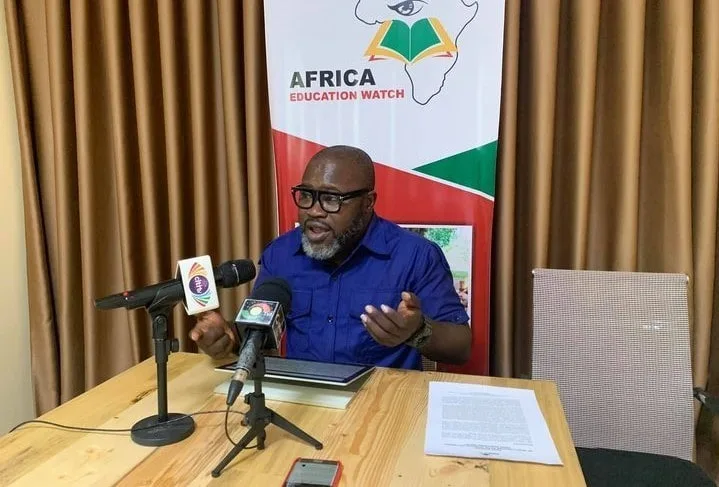
Ghana Falls Short of AU’s 20% Education Financing Benchmark
Ghana, unfortunately, Mr Asare recounted finds itself among this group of countries in the region, with a startling 28% of its revenues diverted towards debt repayment, while a meagre 18% is earmarked for funding education.
Mr Asare stated with disappointment that such a figure falls short of the African Union’s recommended benchmark of each country in the region spending 20% of its national revenues on education.
Contrastingly, the Executive Director of Africa Education Watch commended what he described as the proactive leadership and efforts of ten countries, including Burkina Faso, Sierra Leone, Senegal, Tanzania, Togo, and South Africa, for surpassing the African Union’s target by allocating more than 20% of their national revenues to financing education in their respective countries.
He stressed the importance of other countries including Ghana to also commit to investing significantly in education, asserting that such approach necessitates a reduction in the appetite for loans that ultimately burden nations with unsustainable debt levels.
Central to Mr Asare’s prescription for sustainable education financing for all African governments is the pursuit of progressive taxation.
He argued that a fair and equitable tax system, where the burden is shouldered by those most capable, is paramount to ensuring the availability of resources for vital public services like financing education.
In his impassioned plea, Kofi Asare, the Africa Education Watch Executive Director called upon African governments to reevaluate their spending priorities, urging them to prioritize investment in education over debt servicing.
He underscored that investing in education is not only a moral imperative but also a strategic move towards fostering sustainable development and championing economic prosperity.
The African Union (AU) Continental Education Strategy (CESA 16-25) is a continental strategy that matches the 2016-2025 framework of the African Union 2063 Agenda, meets the Common African Position (CAP) on the Post-2015 Development Agenda and draws lessons from previous continental plans and strategies about the role and place of the AUC (AU) which, unlike member states, has no territory for the implementation of strategies in the field.
The education strategy according to the African Union capitalizes on numerous and active players ready to mobilize financial, human and technical resources within national, regional and continental coalitions for education, science and technology.
Overall, the African Union (AU) Continental Education Strategy seeks to provide each education stakeholder the opportunity to make his or her best contribution to education and training in Africa.
READ ALSO: Politicization Threatens Ghana’s Governance and Energy Sector Stability




